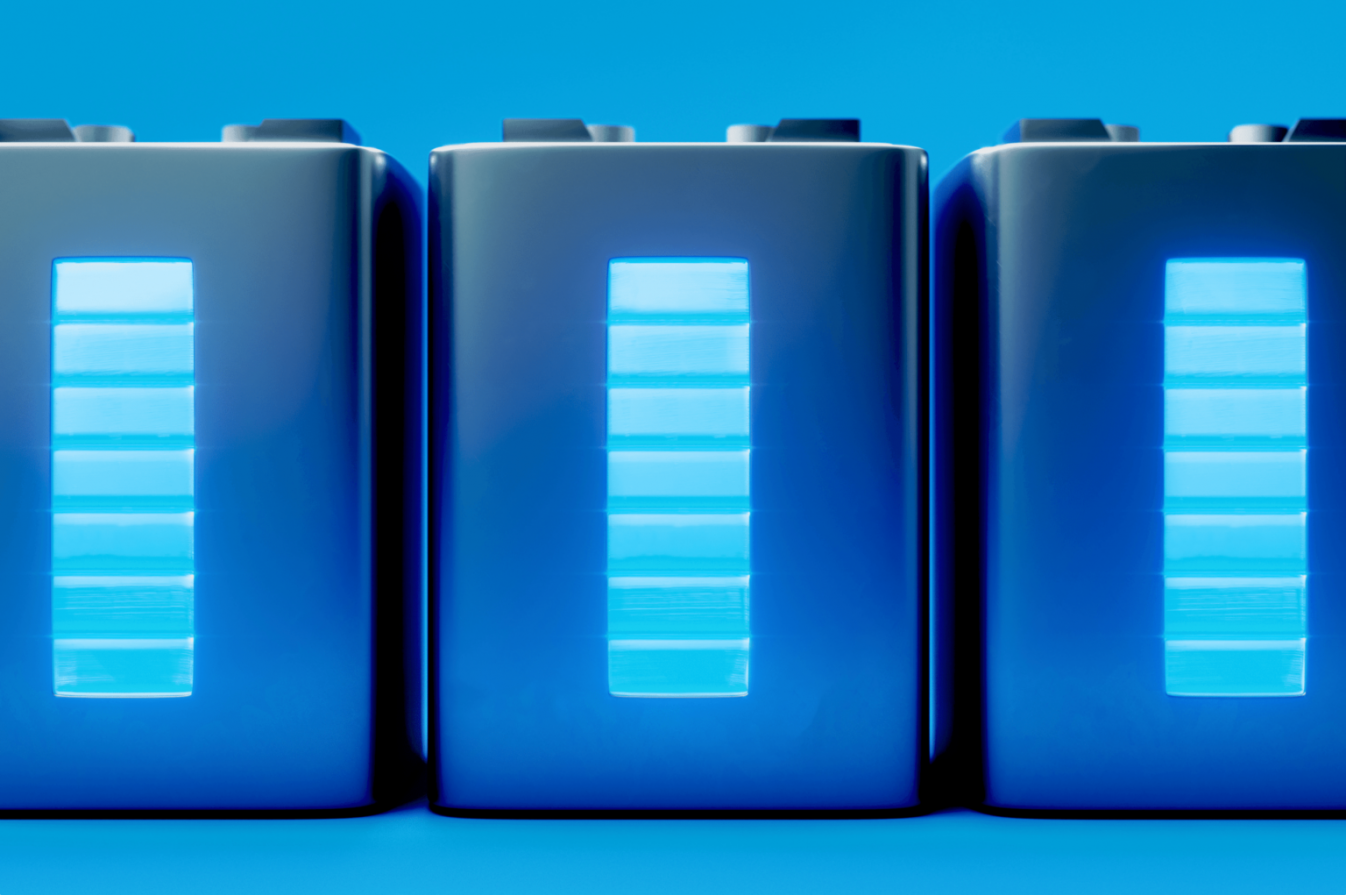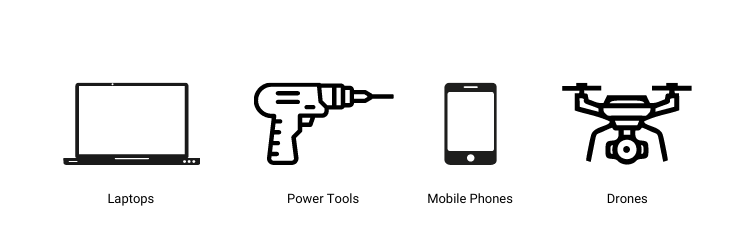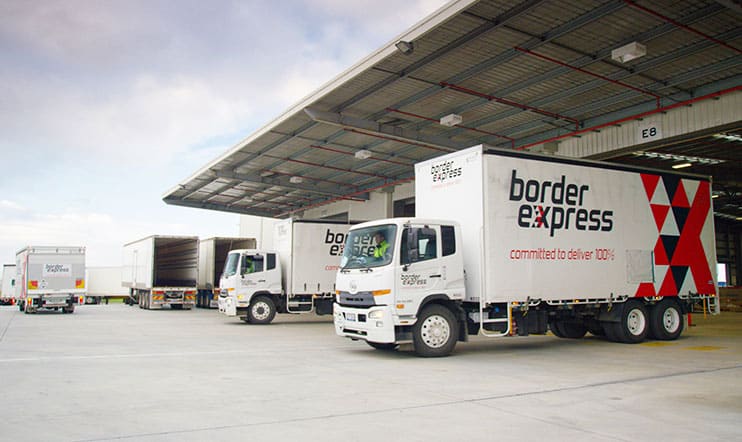Insights
How To Ship Lithium Batteries

To learn how to ship lithium batteries, we must first understand the reason behind why they are considered dangerous goods.
What are Lithium-ion Batteries
Lithium batteries are a type of primary battery. Their anode is metallic lithium, which gives them their name. Ion batteries are a secondary type of battery, which means that they can easily be recharged because they have a secondary cell. A lithium ion battery is rechargeable and capable of providing output to power today’s electronics in all of their diversity and with all of the heavy memory involved.
Development of Lithium-ion Batteries
G.N. Lewis started early research with lithium batteries in 1912, and the first primary type of lithium batteries became available to the general public in the 1970s. The Sony Corporation began selling the first lithium ion batteries in 1991 and they gained popularity quickly throughout the 1990s.
The lithium-ion has a higher energy density, a higher cell voltage and requires less maintenance than nickel-cadmium or nickel-metal-hydride. These characteristics make lithium-ion the almost perfect battery for modern electronics like wireless communications to mobile computing.
Which Devices Have Lithium-ion Batteries?

Concerns About Lithium-ion Batteries
As with any energy storage device, there are always some safety concerns. To minimize these you should always use any energy storage device exactly as it is intended and follow any manufacturer’s directions exactly.
Fire Hazards
It is worth noting that there have been recalls of lithium-ion batteries in the past due to fire hazards. It is possible that on very rare occasions that tiny metal particles can come into contact with other parts of the battery and create a fire hazard. Over charging for long periods, with certain devices, can cause a potential risk.
Recycling
It is expected by 2030, that the world wide amount of used lithium-ion batteries will exceed over 2 million tons per year. The countries which generate the largest amounts of used lithium-ion batteries generally recycle at best far less than ten percent of them. This is leading to many concerns about these batteries ending up in landfills and what to do in order to get more of them recycled.
Shipping Lithium-ion Batteries
Because lithium-ion batteries are used so often these days in everything from cell phones, tablets and other electronics to E-bikes and even solar power backup storage, it is sometimes unavoidable that they will have to be shipped.
Of course due to the fact that they can be a fire hazard it is very important that they are shipped correctly and that you follow all instructions carefully and take every precaution when preparing to ship them.
How To Ship Lithium-ion Batteries
- Lithium batteries can not be shipped outside of (or separately from) the device that they are being used in. They can only be shipped separately if you have made specific arrangements to do so.
- Only two lithium batteries or four lithium cells can be sent in an individual package or parcel.
- Because lithium batteries are vulnerable to fire, all precautions to keep them from overheating are of the utmost importance. The device containing the batteries must be turned off. You should take every precaution to ensure that all on and off switches are protected from accidental interactions. You can do this by using electrical tape and cardboard.
- You must adhere to all IATA guidance pertaining to packaging. Do not under any circumstances package your lithium batteries with any type of metal objects. You should use electrical tape on each electrical terminal, in order to prevent overheating.
- Place any device you are shipping inside of a plastic bag. This will help to prevent any static and is an additional layer of protection against any type of overheating or fire.
- Sending lithium batteries by courier is possible, but you must ensure the battery is not faulty. Sending a faulty lithium battery by courier is a crime punishable by at the very least a hefty fine.
Double Check Shipping Regulations Before Shipping
It is very important that you use a reputable company to do your shipping, such as Border Express, so you know that your package will remain secure during shipping. Remember that different countries have different shipping standards, so it will be very important for you to check the regulations for each country, as well as any manufacturer suggestions before you prepare lithium-ion batteries for shipping.
Conclusion
Lithium-ion batteries are so prominent in today’s electronics that sometimes they will have to be shipped. This can be done safely, but you must follow all guidelines and handle them with care.



